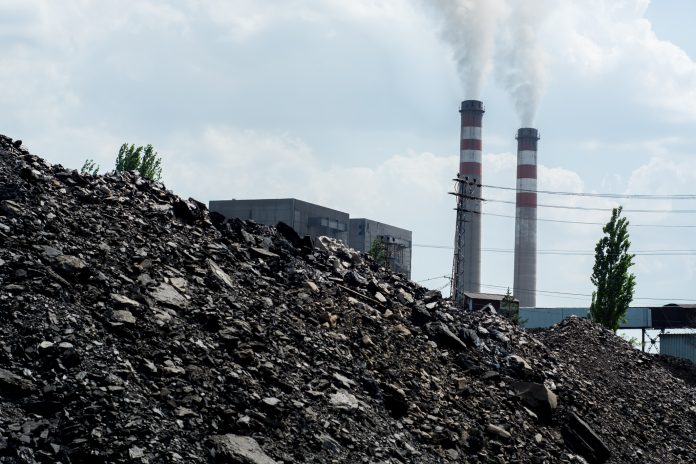A new proposal to extend subsidies for coal plants has interfered with European Union ambitions to approve an electricity market reform
The goal of this reform was to switch the power grid over to greener energy sources.
The proposal emerged during a gathering of EU energy ministers in Luxembourg, throwing off their discussions on creating new regulations for the power market aimed at promoting low-carbon power sources.
This is to avoid a repeat of last year’s energy crisis caused by soaring gas prices.
An effort to achieve stable and predictable power prices
The proposed reform intends to increase reliability and consistency in electricity pricing by introducing a fixed-price price support agreement for state-backed nuclear power plants and renewable energy sources.
These steps are being taken to improve the accuracy and trustworthiness of information on power prices.
One of the important topics that ministers are now debating is the distribution of monies from subsidy schemes related to these initiatives.
Conflict overextension of the coal subsidies
However, difficulties occurred when Sweden, which is now holding the EU chair, made a last-minute proposal requesting the extension of capacity mechanism subsidies for coal power stations.
These benefits are intended to keep enough power-producing capacity available to avoid blackouts.
Under this approach, Poland, for instance, is debating whether to continue supporting coal facilities after the year 2025.
In response, Polish Minister of the Environment Anna Moskwa made a plea to other governments to take into account the distinct requirements for the energy security of other nations.
Opposition and flexibility requests
The plan has drawn resistance from a number of countries, notably in Germany and Belgium since it might prevent an agreement on the more comprehensive power changes.
German Economy and Climate Minister Robert Habeck pointed out that the proposal contradicts the climate protection objectives of both national and EU levels.
The plan has also been met with surprise, as described by Luxembourg’s Energy Minister Claude Turmes.
French Energy Minister’s conciliatory approach
French Energy Minister Agnes Pannier-Runacher advocates for a harmonious resolution that strikes a balance between climate ambition and the unique circumstances of each country.
This comes as scientists emphasise the pressing need to significantly decrease coal consumption within the next decade to mitigate the severe consequences of climate change.
Some EU member states argue in favour of a flexible approach to transition away from coal, emphasising the importance of supporting new industries in communities heavily dependent on coal.
This is to achieve cleaner and greener energy.
Negotiating power market reform and passing legislation
Once European Union member states reach a consensus on their respective positions, they will initiate negotiations with the EU Parliament to finalise the reforms in the power market.
The objective is to pass the legislation prior to the forthcoming EU parliamentary elections, ensuring timely progress and implementation of the reforms.
Editor's Recommended Articles
-
Must Read >> Another Cold War: EU to cut gas use by 15%














